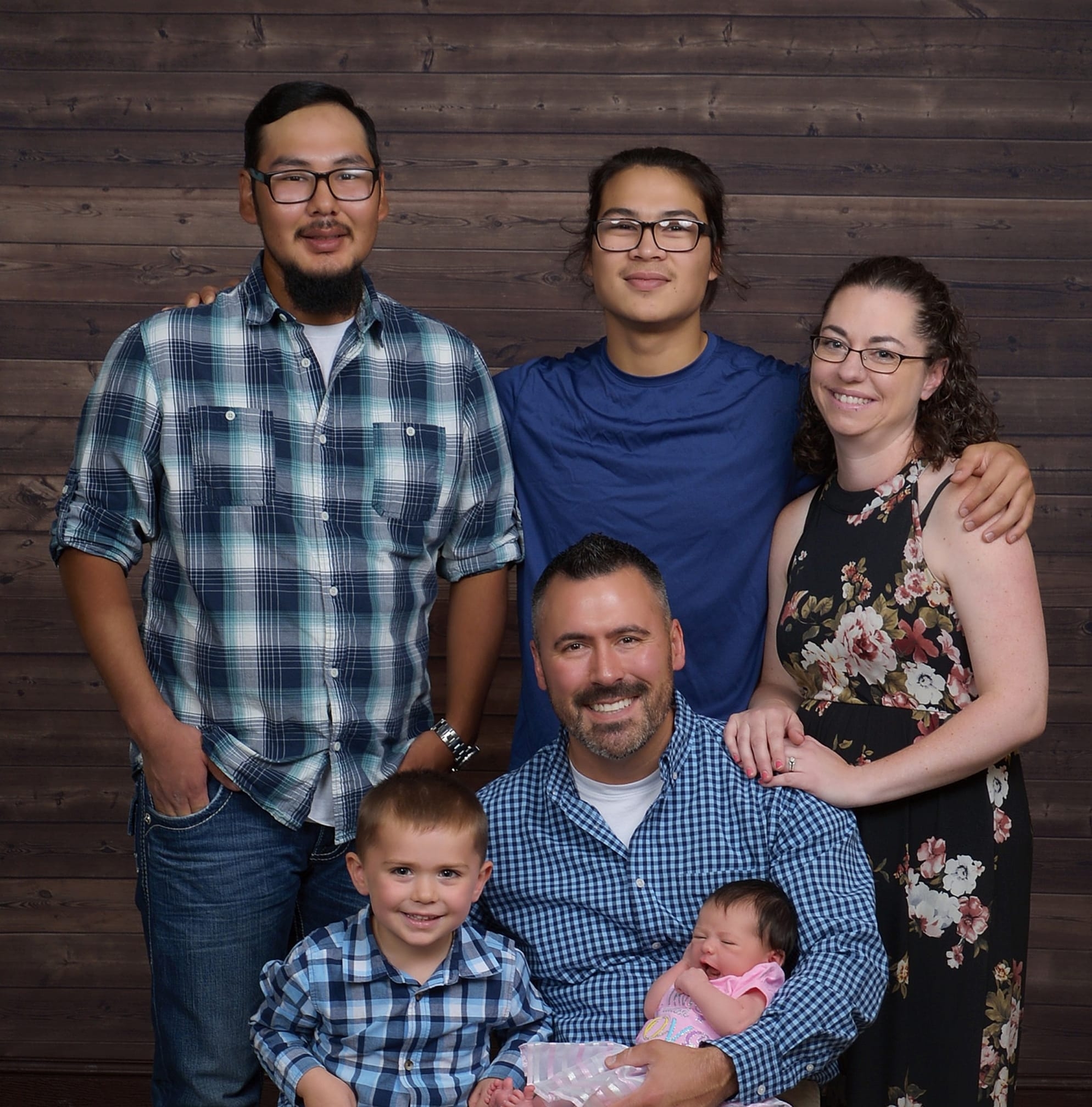
Even during a global pandemic, CIRI shareholder Eric Watson (Athabascan and Inupiaq) is committed to helping the eight federally recognized tribes within the Cook Inlet region collaborate and strengthen their relationships with each other and with Cook Inlet Tribal Council (CITC).
A CIRI-affiliated nonprofit, CITC provides support services for Alaska Native and American Indian (AN/AI) peoples through education, employment and training, family preservation, addiction recovery and workforce development. Eric has worked at CITC since 2009 and currently serves as the organization’s village liaison and special projects manager.
“Thanks to technology, CITC been able to deliver the same support to our tribes despite the coronavirus,” Eric shared. “It doesn’t replace the face-to-face interaction we’re used to, of course, but we’re still working with participants, making connections, building relationships – all those things that are so important.”
Eric is connected to CIRI through his father, original enrollee John Patrick Watson, whose family hails from Bethel, Fairbanks and Nome, Alaska. Growing up, Eric said he didn’t have a strong connection with his Alaska Native heritage – his father was raised in the urban environment of Anchorage and his mother is a full-blooded Norwegian from Minnesota.
“When I was going through the Anchorage public school system, I wasn’t very motivated to learn who I was,” Eric confessed. “But as an adult, I’m curious and I want to learn more.
“It really started when I began working for CITC,” he continued. “A large part of that was working with other Alaska Native people and seeing the way cultural values are part of CITC’s organizational values. It was also going out to rural communities and learning about culture. Attending fish camps and culture camps, learning everyone’s story – it helped motivate me to learn more about my own story.”
As CITC’s village liaison, Eric’s focus is on three pillars: 1) communications, 2) partnership development and 3) capacity-building efforts. A degree in psychology and a background in counseling “has helped me in my role at CITC,” Eric said. “In my role, I can influence relationship-building around the whole region; I can have a really strong impact in programs. I’ve been empowered by leadership for many years to continue my professional development and education. I feel supported here in a way I’ve never been supported in any other organization.”
Support for tribes is paramount to preserving Alaska Native culture, history and language. Today, many tribes in Alaska and across the U.S. are reviving the traditions and cultures that were stripped away due to colonization. Each tribe in the Cook Inlet region “has a wonderful sense of identity,” Eric enthused. “There’s a strong desire by the tribes to share knowledge with their youth and have that transference of knowledge.”
The issue, he said, is that many tribes possess limited resources, particularly when measured against the challenges and critical issues they address. “We have some of the most talented individuals working at our tribes, but they’re wearing multiple hats – creating budgets, applying for grants, managing programs,” he said. “To find the time to create curriculum or access and research the resources that are out there, it can be a challenge. So CITC has been very fortunate to leverage our resources to help pursue opportunities, to pursue grants, to have our staff go out and share knowledge with our communities. We’re just finding any avenue we can to support our tribes where they have challenges due to capacity.”
Eric also heads up CITC’s Tribal Youth Symposium, which gathers representatives from Cook Inlet tribes for professional development, communication and an exchange of best practices for working with youth. The first symposium attracted 15 individuals and representatives from three tribes. In 2019, 38 individuals and representatives from seven of the eight Cook Inlet tribes attended. “It’s about sharing curriculum development, activities, what everyone’s doing for culture camps,” he said. “It’s become much larger than I envisioned it years ago, but it still has that small-scale feel where people can really benefit from the interactions.”
In addition to a busy professional life, Eric is a husband and father of two adopted sons, now ages 21 and 20, a 5-year-old biological son and a 1-year-old biological daughter. “We adopted my oldest two sons when they were teenagers, so my wife and I kind of started backward on parenting,” he laughed. “It’s been great, though. The oldest two are from Kiana and King Island, Alaska, so that’s opened up a lot of personal discussion and history and sharing. My younger son is starting off with positive Alaska Native role models sharing their stories with him. And my daughter attends the Clare Swan Early Learning Center, which is very culturally focused, so that’s been wonderful.”
As for the future, when Eric started at CITC back in 2009, he envisioned himself ascending the leadership ranks and possibly even becoming president and CEO. “Now I realize that’s a big time investment and having young kids doesn’t allow for that,” he said. “I love my current role. I see the amazing things this organization does for the state, not just the region, and I want to be a part of that. It doesn’t matter so much what my role is at CITC so long as I continue to work here because I love the environment, I love the organization, and I want to give back everything they’ve given to me.”
For more information on CITC’s programs and services, visit citci.org.



